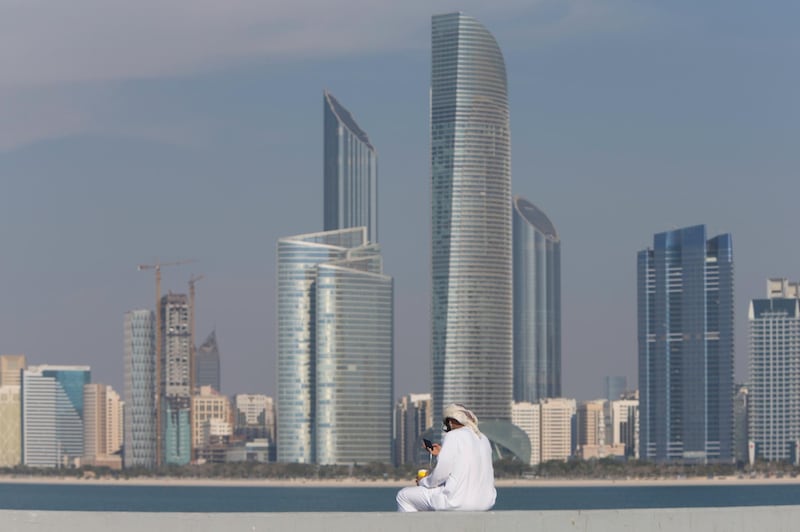Quality-of-life milestones in areas such as health, education, the economy and women's equality match the very highest levels worldwide, according the latest UAE Human Development Report.
By creating a balance between economic and social development, the country has been able to “highly compete” with other countries in the upper league table of human development, ranking it among the 50 most advanced in the world.
It notes “remarkable achievement” in the progress of empowerment of female Emiratis and says that poverty, as measured using global indexes, no longer exists and is “no more than a disparity in the income distribution”.
The country enjoys high levels of technology and occupies “advanced positions” in international competitiveness, the report states.
_______________
More from UAE Human Development Report:
More working women but unemployment rate among Emiratis has risen since 1975, report reveals
UAE schools should encourage 'creation and innovation' over curriculums
_______________
Since the first Human Development Report was published two decades ago, life expectancy at birth has risen by nearly six years and the number of years pupils attend school has increased by 2.6 years.
Overall, the country’s Human Development Index increased by almost 16 per cent between 1990 and 2015, with a score of 0.840, comparable with Italy, Spain and Portugal in a category marked as “very high human development”.
The HDI is a calculation based on life expectancy, years of schooling and the overall standard of living as measured by the United Nations Development Programme. Norway has the highest HDI at 0.949, while in last place the Central African Republic scores 0.352.
The report points out that the Middle East “has never been as challenged with political instability, economic calamities and demanding circumstances as nowadays. In such turbulent surroundings, the significance of knowledge sharing by countries with success stories like the UAE arises”.
It attributes this achievement to “the vision, wise policies and crucial foundations put in place by the country’s prudent leadership”, and says the growing contribution of non-oil sectors means that “the UAE now has a vibrant and comprehensive vision to diversify its economy and achieve an optimal balance between its different sectors to ensure sustainability and create new business opportunities”.
The report is a collaboration between the Centre for Public Policy and Leadership at the United Arab Emirates University and the United Nations Development Programme.
It is based on the approach that greater well-being and quality of life cannot be measured simply by economic growth, but must take into consideration a wider range of factors. In other areas, the study points out that the emirates of Abu Dhabi and Dubai have made much greater strides in health, education and income than other parts of the country.
It also notes that the contribution of education “was less than that of health and economy”, attributing this to “weak spending on education compared with health care”.
The country needs “to invest more in education and scientific research”, with better private sector participation.
While the country has greatly narrowed the gender inequality gap, and developed female education “at rates that exceeded male rates”, the ratio of women in the labour market “is still below aspirations”, especially in vocational and technical employment and more senior posts.
Although environmental measures have achieved “advanced progress”, the country is “in need of further work to raise the level of the healthy environment ... to reflect positively on the human development in the country”.
Finally, the authors say that in compiling the report there was a “scarcity and absence” of data in several key fields, and what is described as “administrative and bureaucratic complications”. “The lack of data led to the adoption of some estimates,” the authors admit, adding that in future the provision of accurate and reliable statistics “must be given high importance”.







